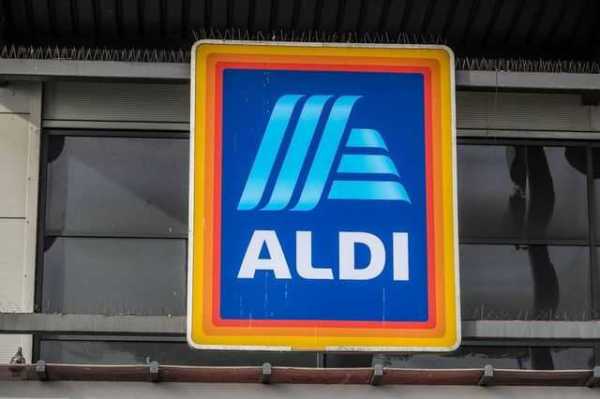
Discount supermarket Aldi has reported a record-breaking £1.6bn in sales over the crucial festive month, with customers opting for its premium ranges.
The German-owned retailer, which is Britain's fourth-largest supermarket, saw total sales rise by 3.4% in the four weeks leading up to Eve. According to the company, sales of its high-end own-label products, Specially Selected, surged by 12% compared to the previous year.
Chief executive Giles Hurley stated, "Customers wanted to celebrate in style after an uncertain year but, with more challenges ahead, they wanted to do it without breaking the bank." Although Aldi's Christmas sales performance fell short of last year's 8% growth, the company described it as its "best Christmas ever" and a new record.
The German discounters have initiated the festive reporting season in the supermarket sector, with , , and set to release their figures later this week. Following the news, shares in some listed rivals declined in Monday morning trading, with dropping by as much as 5% and Tesco also experiencing a 1% decline.
AJ Bell noted that 's figures indicate the chain is encroaching on the lucrative premium market dominated by Tesco and Sainsbury's. Investment director Russ Mould commented: "Sainsbury’s and Tesco have enjoyed strong growth in recent years for their own premium ranges, helping to differentiate their offerings from discounters Aldi and . To see Aldi start to eat their premium lunch is a concern."
Aldi revealed that Monday December 23 was its busiest trading day ever, with close to three million shoppers. The supermarket giant noted a 10% increase in sales of festive items compared to the previous year, mentioning that customers began their Christmas shopping earlier, some even purchasing cakes and puddings as early as September. In total, around 50 million mince pies and 25 million pigs in blankets were snapped up during the holiday season, according to Aldi.
Despite the inclination to opt for more luxurious goods during Christmas, Mr Hurley pointed out the growing "uncertainty" facing households and their finances in 2025. "As we look ahead to the new year, which for many will mean the prospect of living costs rising again, many families will be nervous about what 2025 holds," he said.